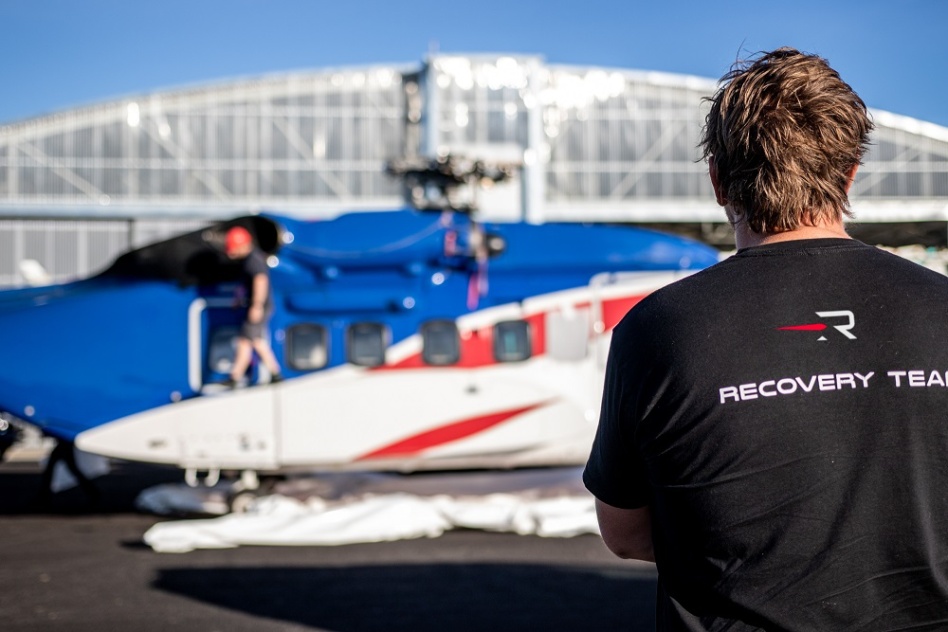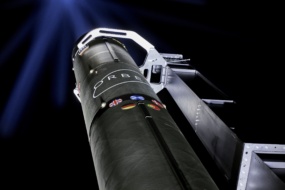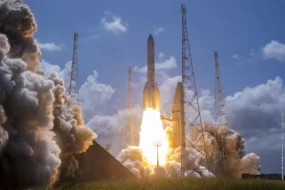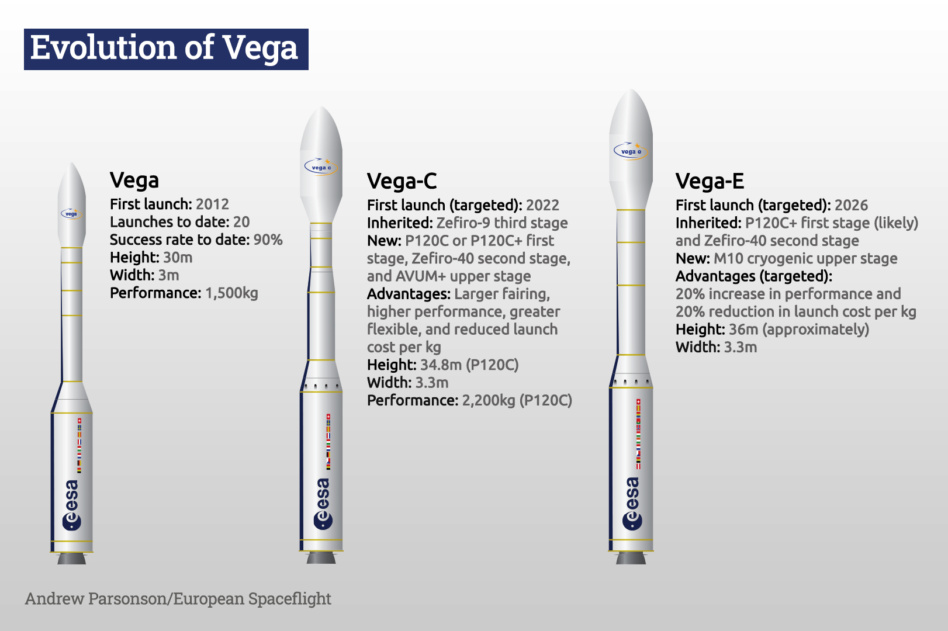Rocket Lab (NASDAQ:RKLB) will attempt to pluck a booster from the skies via helicopter later this month. The effort, if successful, would represent the first time that a small launch vehicle’s booster is recovered.
“It’s actually, by far, the hardest thing to do,” Rocket Lab founder and CEO Peter Beck told Payload Friday. The company has tested all the various elements that go into the recovery, from heli rendezvous to parachutes, “but we’re entering the Earth’s atmosphere at eight times the speed of sound on a ballistic trajectory,” said Beck, “so it’s not trivial.”
The mission
The launch window for There and Back Again opens April 19.
- Taking off from Launch Complex 1 Pad A, an Electron will carry 34 satellites to a sun synchronous orbit for Alba Orbital, Astrix Astronautics, Aurora Propulsion Technologies, E-Space, and Unseenlabs.
- The launch will bring the total number of satellites launched by Electron to 146.
Earlier this month, Rocket Lab launched two satellites for BlackSky. “More than half of our constellation has been launched with Rocket Lab,” BlackSky told Payload. “Their services provide a high degree of certainty and flexibility and are well attuned to the technical needs of our constellation.”
Find our full convo with Beck below. Note: This convo was edited for clarity and length.
What does the risk profile look like for this upcoming mission, with the added complexity of recovering a booster for the first time?
Recovering the launch vehicle’s first stage is deeply complex. It’s actually, by far, the hardest thing to do. Now, we’ve done that successfully a few times and splashed it down into the ocean. I would say that the risk is decreasing.
The really tricky thing is not just re-entering, of course, but re-entering and targeting the rendezvous point with the helicopter.
The last dummy recovery mission we did, we had a helicopter stationed out there not to catch but to rendezvous. We proved we could do that. We’ve kind of tested all of the elements individually; the capture individually, the rendezvous, the recoveries, the parachute, and the accuracy of the branch corridor. Now, we’re just putting it all together and making sure all of those things work.
But we’re entering the Earth’s atmosphere at eight times the speed of sound on a ballistic trajectory, so it’s not trivial.
I heard you say at some point that, to use an industry buzzword, Rocket Lab is vertically integrated to the point where you paved your own roads, installed electricity, and whatnot when building your New Zealand spaceport. Is that a fair way to describe this—vertical integration that extends to recovering rockets with helicopters?
Yeah, and look: We don’t do everything because we’ve got some magic vision or statement written on a wall somewhere. We do it because it makes the most amount of sense.
If there was a helicopter service that had experts in catching rockets as they descend from space and it was affordable, then I would just buy that service. For most things we do, the service doesn’t exist.
When you’re forging into new kinds of areas, then having control and destiny over everything is super important to make it happen. Both in happening at all but also in having the right kind of cost and reliability.
There’s not really any consultants or specialists out there who are doing this.
Plus, owning a sweet-a** S-92: That’s a bucket list thing right there.
There ya go. You talk a lot about becoming a quote-unquote “end-to-end space company,” and you’ve obviously made some big moves in that direction over the last six months. Do you have any big developments or announcements on that front coming in the next year?
It’s fair to say we’re not over and we’re not done yet. We obviously can’t go into any specifics, but we’ve clearly articulated our strategy and we’re executing to that strategy. And so I think we’ll continue to do that.
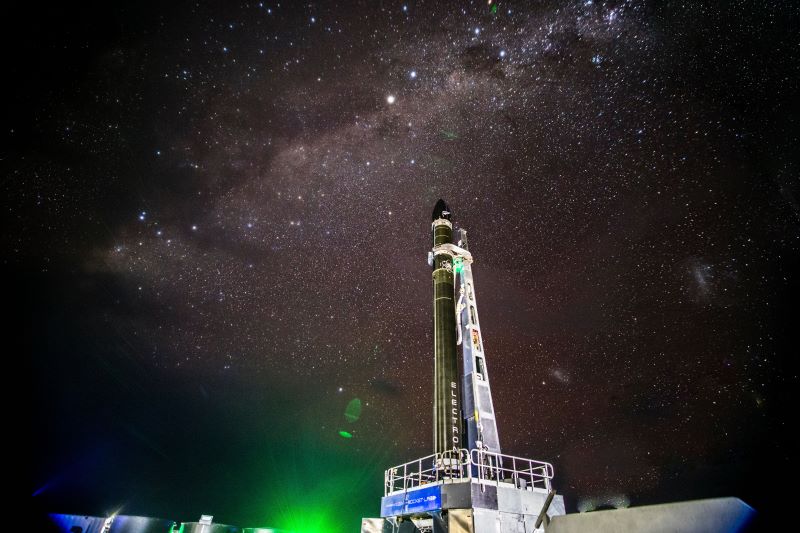
As an established launch company that is flying regularly, while I have you on the horn, I have to ask: What are your thoughts on the wider launch landscape? With something like 120 or 130 rocket developers out there, what’s the viability not even from a technical perspective but a demand one?
I’ll be candid here. We really know just about everybody in the industry from a spacecraft side. If we’re not launching them, we’re selling components into them. We have a really good idea of ‘what is the true pipeline of customers that are really ideally suited to small launch vehicles?’ That demand is not going to service the plethora of launch companies that are proposing…to fly the same customers.
You can’t fly the same constellation three or four times. It doesn’t work. We’re not manufacturing or production limited. The number one thing that really gates cadence is the demand side. To be fair, it’s growing. But the flipside to this is if I look back at our history, it took a dozen or more launches before customers were prepared to get their entire company on Rocket Lab.
If you’re a launch provider for a whole constellation, they are betting their company on you, your service, and the success of your service. You’ve seen us announce five bulk buys of Electrons doing a few satellites at a time or whatever to deploy customers’ entire constellation. Heritage is everything in this industry.
This is where first-mover advantage is really important. If you bring a launch vehicle to market that’s half the price but not reliable, nobody’s gonna fly. It takes a long time to establish yourself.
We look across all of the small launch vehicles in development. Like I said, we know demand. There’s gonna be a lot of launch vehicles sitting on a pad waiting for payloads in the next few years. That’s going to be super tough. Those are very expensive assets, launch sites, and teams to have amortized doing either really low-value subsidized kind of launches, right, or or no launches at all.
Speaking from experience? Because you weren’t able to fly as much as you would’ve liked last year due to external forces, like lockdowns, and force majeure type constraints.
Covid was a real stinker.
Last question: Y’all are really good at naming your missions. What does that process look like?
There’s no formal process.
It’s just when inspiration strikes?
100%. In fact, I had a few minutes in an airport yesterday and saw someone suggest a wickedly cool name for the next recovery mission. So that’s what it’s going to be called.
It was a great name, and I’m jealous we didn’t think of it earlier. So yeah, if anybody thinks it’s like some formal process and we sit down by committee to discuss and whatnot, it’s not. It’s more like if we giggle, then that’s it.
